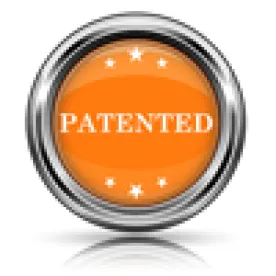Trial was scheduled for next week, but Boston-based Skyhook and Google, Inc. reached a settlement, according to a Court paper filed yesterday. The lead up to the trial in Skyhook v. Google was filled, though, with interesting litigation practice notes. One such matter was what Judge Rya Zobel did with the large number of patent claims being asserted. With claim construction and summary judgment concluded, and trial approaching, the Court, emphasizing its obligation to provide a “just, speedy, and inexpensive determination,” sua sponte ordered that the parties limit the number of claims asserted at trial to no more than twenty.
Limiting the number of claims at trial, the Court reasoned, would be the best means of presenting the case to the jury. Importantly, the Court did not actually dismiss any asserted claims: rather, it “[left] open the door for the assertion of additional claims on a showing of need.”
Streamlining patent cases by limiting the number of claims for trial has met the approval of a number of different courts; Judge Zobel, for example, relied in part on a number of other patent cases, citing precedent from California, Texas, Minnesota, and the U.S. Court of Appeals for the Federal Circuit.
Intriguingly, however, the cases the Court cited demonstrate that there are no clear guidelines as to how streamlined a case should be. The exact numbers of claims permitted by the opinions the Court cited varies widely across the cases – from as low as 15 patent claims to as high as around 40. And, each of the opinions on which the Court relied only limited the number of patent claims to be presented, with the amount of prior art to be presented largely left to be decided another day.
Litigants facing a burdensome number of asserted patent claims should take note. Relying on cases like this one and cases like the ones the Court cited may prove to be a valuable tool to both conserve resources and to help focus a trial presentation.
The case is Skyhook Wireless, Inc. v. Google, Inc., 1:10-cv-11571-RWZ, in the District of Massachusetts.



 />i
/>i

